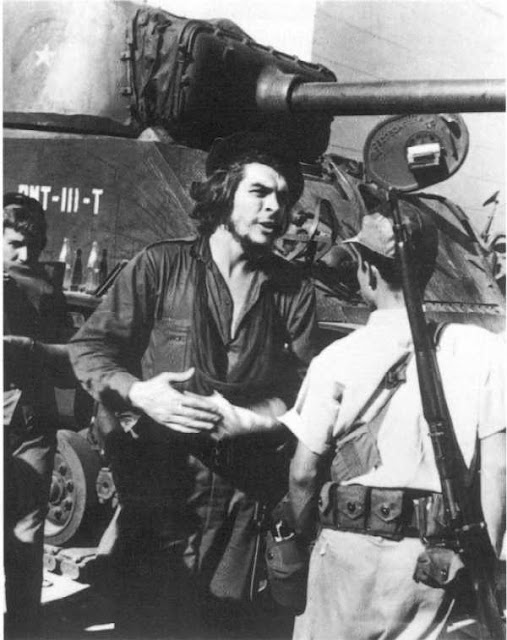The Failed Promise of Marx: Socialist Impact on the Cuban Economy

When Fulgencio Batista fled Cuba on January 1st, 1959, it was not Fidel Castro who first stepped victoriously into Havana, but Ernesto 'Che' Guevara. This moment was the major turning point for the Cuban people and the beginning of what would amount to the failure of a socialist ideology-driven planned economy. Prior to Castro's Revolution, Cuba was a Republic. Since the days of being a U.S. protectorate, Cuba's government suffered its share of growing pains, but at least in 1958 Cuba enjoyed status as a well advanced country for Latin America, and in some cases, the world (Smith and Llorens). Cuba ranked 5th in per capita income, 3rd in life expectancy, and 2nd in automobile ownership (Public Broadcasting Service). In 1929, Cuba's per capita income was 41% of the U.S. national average, putting it easily above Mississippi and South Carolina. Sugar sales and tourism drove the early republic's economy to expand rapidly and two-thirds of Cuba's population were ...




